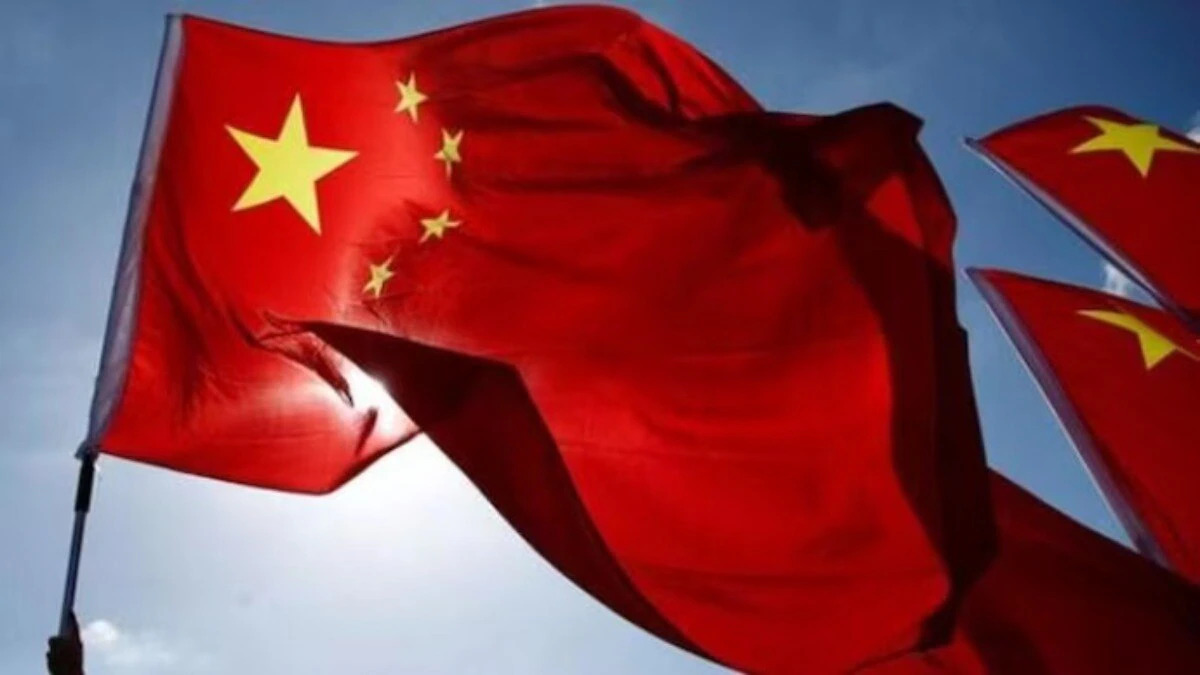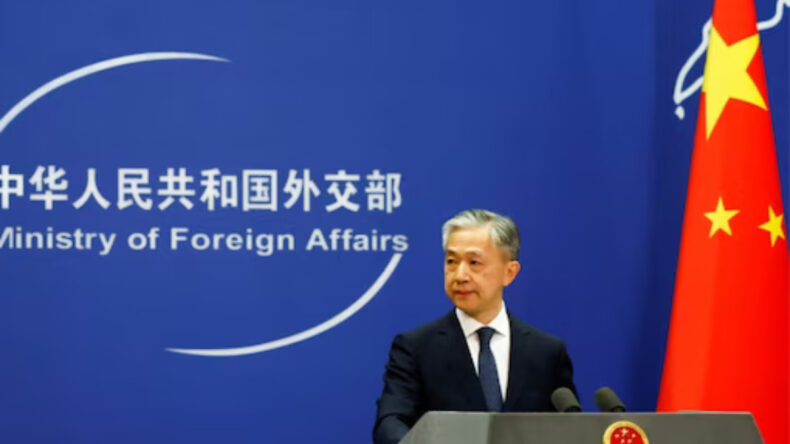China’s commitment to international collaboration remains unwavering in the face of a rapidly changing global scene, as it announces preparations to host the Belt and Road Forum in October. This next event will bring together nations, organisations, and stakeholders to further the goals of the Belt and Road Initiative (BRI). With the world looking for ways to recover from the pandemic’s far-reaching effects, this meeting might serve as a platform for fresh cooperation, economic regeneration, and communal growth.

China: Rebuilding Economies Through Connectivity
The Chinese Foreign Ministry has announced preparations to hold the Belt and Road Forum in October, underlining China’s commitment to encouraging international collaboration. This highly anticipated event will bring together a diverse range of countries, organisations, and stakeholders to discuss and advance the Belt and Road Initiative (BRI) goals. As the global economy recovers from the pandemic’s impact, this meeting might serve as a platform for renewed cooperation and shared prosperity.
China started the Belt and Road Initiative, or BRI, in 2013 with the goal of improving connectivity and trade among nations through infrastructure development and other types of collaboration. The concept envisions a network of roads, railways, ports, and other infrastructure projects spanning Asia, Europe, Africa, and beyond afield. The forthcoming event is planned to build on the previous forums’ accomplishments and experiences, offering a platform for participating nations to explore collaborative tactics, share best practises, and solve issues encountered in the implementation of BRI projects.
China’s choice to hold the Belt and Road Forum in the midst of ongoing global problems demonstrates the country’s dedication to fortifying international partnerships. The forum is expected to promote not only economic cooperation but also people-to-people connectivity and cultural interaction. The forum can develop a better understanding of the many viewpoints and interests by encouraging communication between governments, corporations, and civil groups.
The October discussion is especially significant since it takes place at a time when the world is still reeling from the far-reaching effects of the COVID-19 pandemic. The epidemic shook global supply systems, highlighting the significance of resilient infrastructure and diverse trade routes. The BRI’s emphasis on connectivity and infrastructure investment could be critical in hastening economic recovery and constructing a more sustainable and inclusive future.
Sustainability and Innovation Shape BRI’s Future
Critics of the BRI have expressed worries about debt sustainability, environmental implications, and project transparency. However, the next summit will give participating countries the opportunity to address these concerns and agree on solutions. Nations may work together to ensure that BRI projects adhere to high environmental and social standards while boosting local development by engaging in open and productive talks.
The BRI has expanded beyond physical infrastructure investments in recent years to include digital connectivity, green development, and innovation-driven growth. This transformation is likely to be reflected in the forum, with debates on digital infrastructure, sustainable energy programmes, and strategies to harness technology advancements for the benefit of all participating countries.
China’s invitation to countries from all continents to participate in the meeting demonstrates the country’s commitment to creating a community of shared futures. By encouraging cooperation and collaboration, the forum adheres to multilateralism principles and can contribute to the resolution of global concerns. As the world grapples with concerns such as climate change, economic inequality, and public health crises, a platform such as the Belt and Road Forum might be a critical step towards establishing common ground and generating effective answers.
Finally, the Chinese Foreign Ministry’s announcement of the Belt and Road Forum in October is a momentous milestone with far-reaching ramifications. The meeting has the ability to enable meaningful talks, foster international cooperation, and address BRI concerns. As countries assemble to exchange ideas, share experiences, and chart a course forward, the forum may help to create a more connected, resilient, and wealthy globe. With the epidemic still looming, this event might serve as a beacon of hope, signalling a shared commitment to creating a better future via collaboration and mutual understanding.













